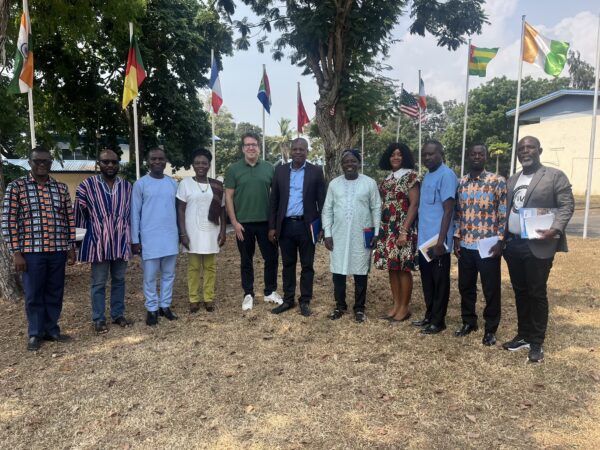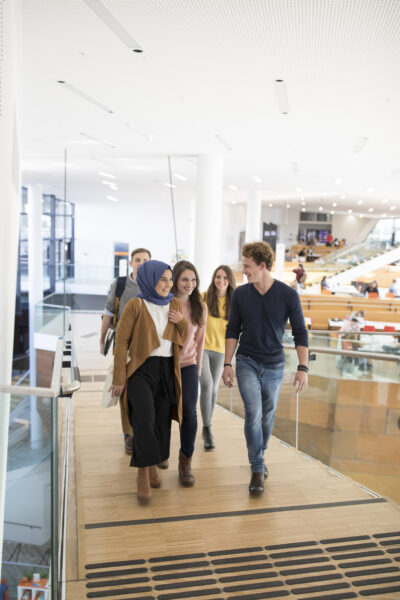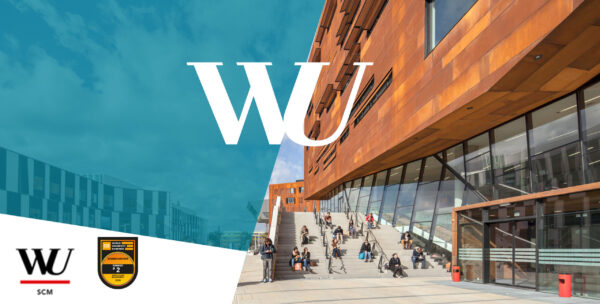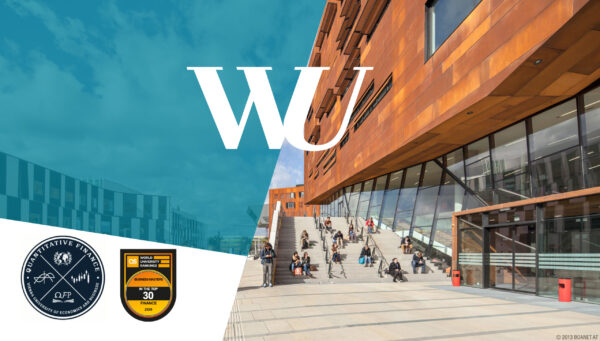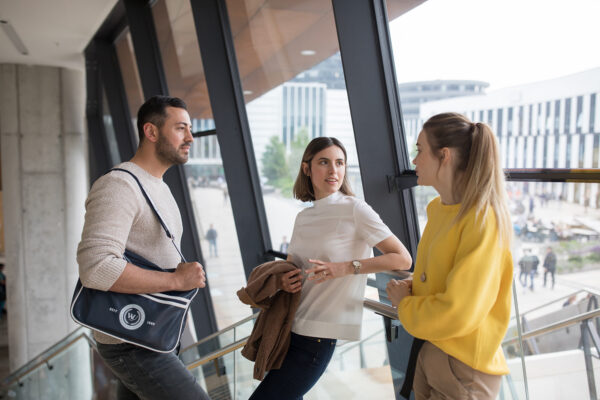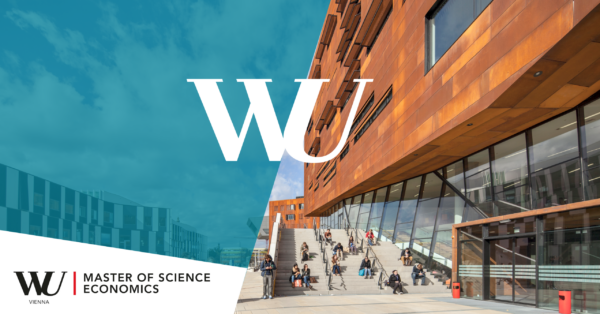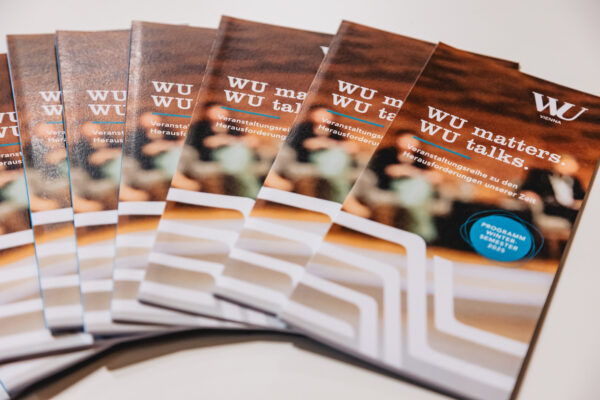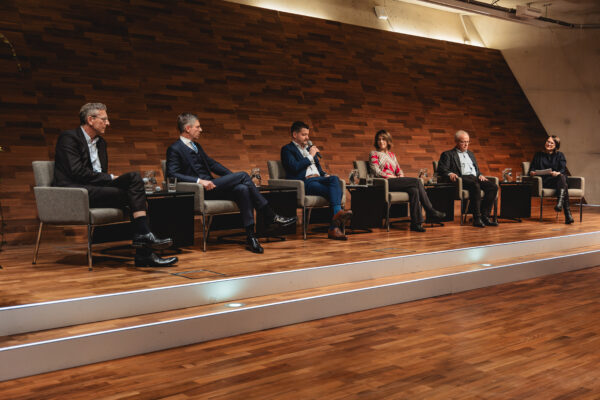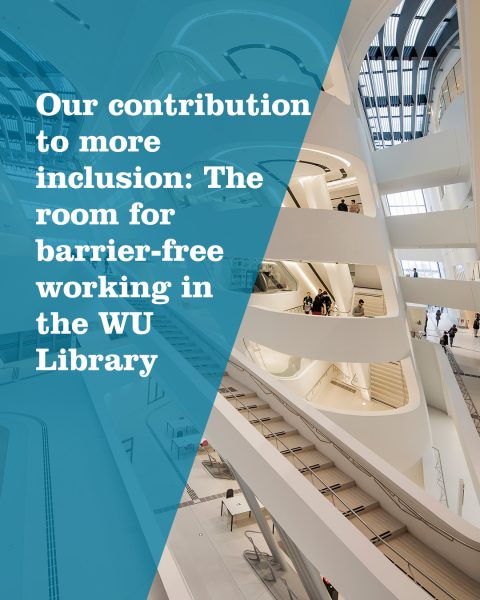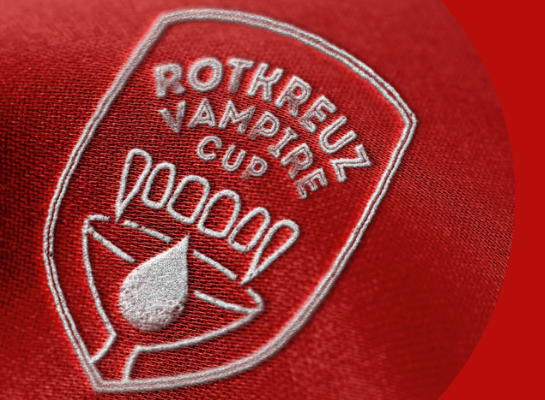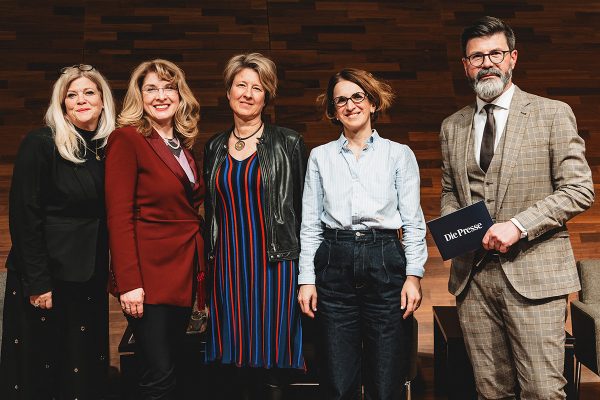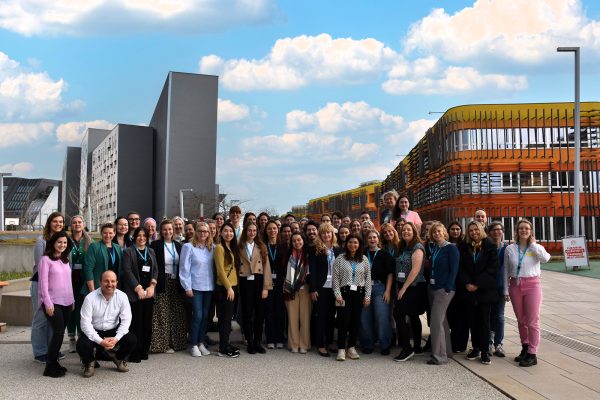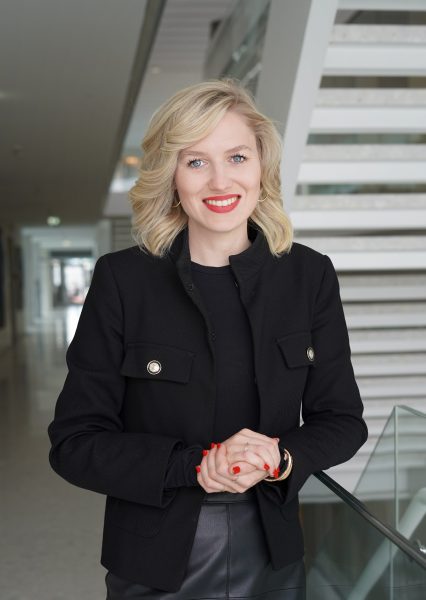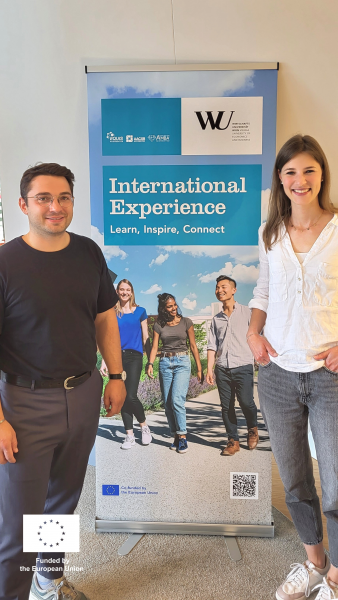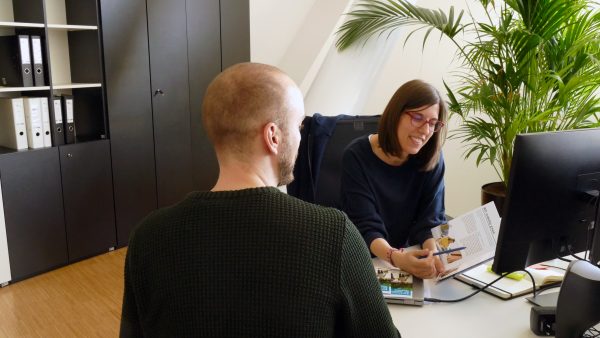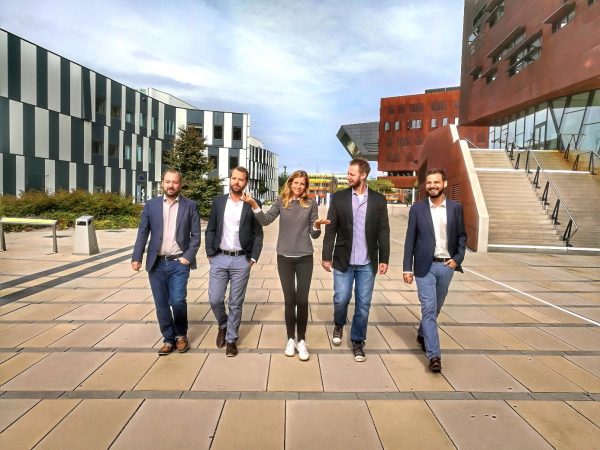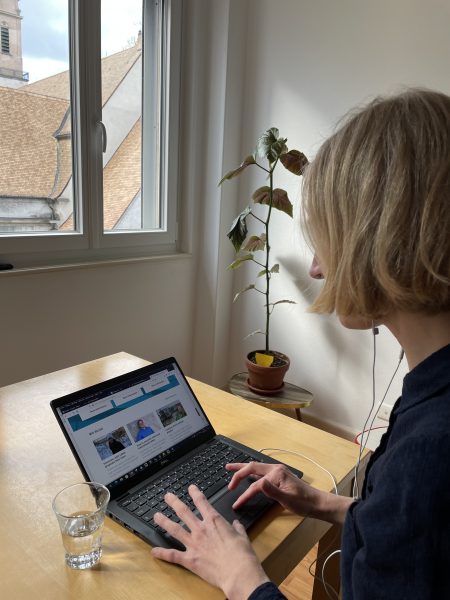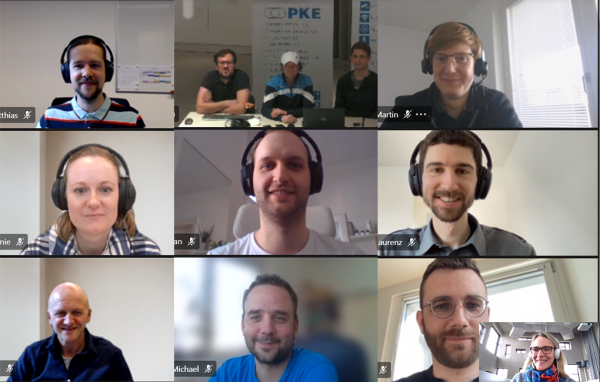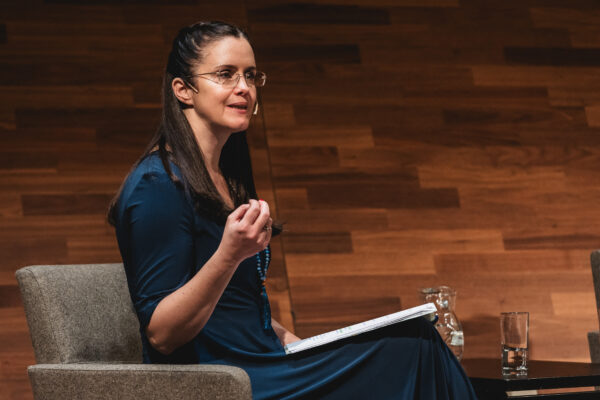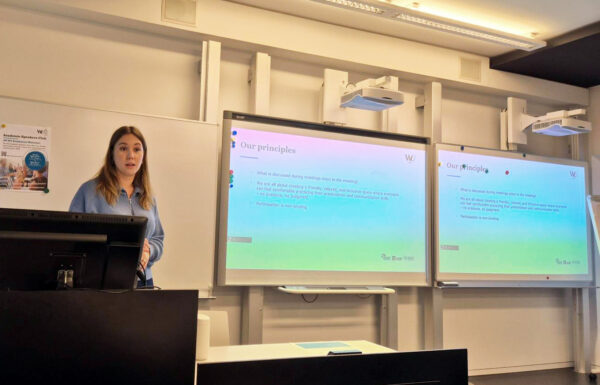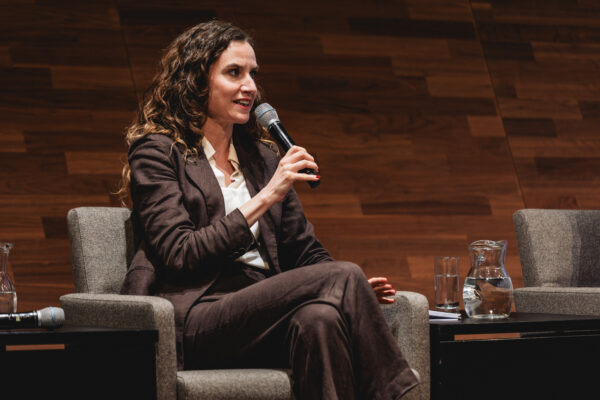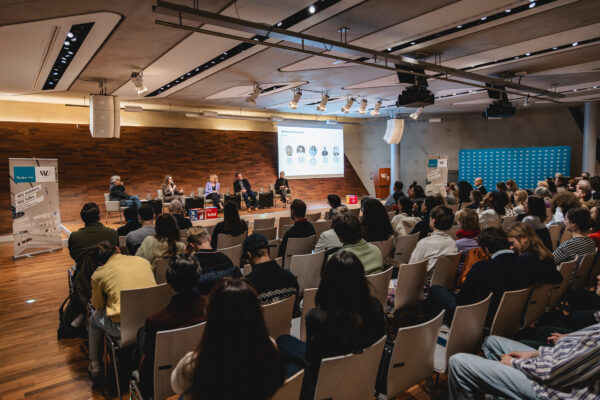Erasmus+ Staff Week: Inspiration and Insights from Erasmus University Rotterdam
From June 10th to 13th, Erasmus University Rotterdam, a WU partner university, hosted an enriching staff week on “Bridging the Generation Gap in Higher Education.” Staff and faculty members from European higher education institutions gathered to explore generational dynamics within the university context. Collectively, the aim was to foster better collaboration across age groups and enhance the overall educational environment.
Representing WU Vienna, Robin Heldt (International Office), Kristin Seidler-Slezak (Study Information and Entrepreneurship Center), and Franziska Sischka-Damian (Marketing) participated in the program. They are now sharing their experiences with the WU Blog.

WU Blog: Can you tell us what motivated you to participate in the staff week?
Kristin Seidler-Slezak: I was particularly drawn to the program at Erasmus University Rotterdam because it focused on Generation Z. The comprehensive program with a variety of activities not only allowed for exchange of knowledge but also served as a great platform for networking.
Robin Heldt: For me, it is important to communicate effectively with students. Understanding the perspectives, values, and skills of younger generations is crucial in this regard. Participating in the staff week in Rotterdam gave me an opportunity to deepen my knowledge of Generation Z.
Franziska Sischka-Damian: During my research, I came across the staff week and was immediately excited. In university marketing, it is essential to understand the target group as best as possible and to set up activities accordingly. The intensive engagement with the target group was therefore perfect for me.

WU Blog: What were some of the most memorable aspects of the program for you?
Kristin Seidler-Slezak: The Staff Week was an extremely enriching experience for the three of us. We were particularly impressed by the openness, friendliness, and professionalism of all participants, as well as the dedicated team that was always present and approachable. Networking with other higher education professionals in such an inclusive atmosphere made the program exceptional and unforgettable.
WU Blog: What strategies did you find most effective for bridging the generational gap in higher education?
Robin Heldt: One of the most effective strategies discussed was the importance of active listening and empathy. By truly understanding the perspectives and needs of Generation Z students, we can create more a collaborative and supportive environment. Having said this, it is important to look beyond generational stereotypes and engage with young students on a personal and individual level.
Franziska Sischka-Damian: Preparing for future generations requires a “think outside the box” mindset. In a panel discussion with four Gen Z students, I discovered diverse perspectives and expectations. Addressing these individual demands will be a major challenge for universities, as there isn’t a “single” Gen Z or Gen Alpha prototype.

WU Blog: Finally, what would you say to WU colleagues considering participating in similar programs?
Robin Heldt: I would highly encourage WU colleagues to pursue an Erasmus+ experience and mobility as well. If our students are going on exchange, we should do the same and be an inspiration. Staff and faculty exchanges are a win-win for everyone since they foster personal and organizational growth.
Kristin Seidler-Slezak: I can absolutely recommend a staff training to break out of the daily routine and gain new perspectives. Take the chance to learn and be inspired. Stay open-minded, actively gather information, and don’t hesitate to ask any questions. Use the opportunity to exchange ideas with international colleagues and make connections!
Franziska Sischka-Damian: Staff exchange is a valuable experience that offers new ideas and perspectives and makes you realize that colleagues at other universities face similar challenges. I would seize the opportunity again without hesitation.

„Funded by the European Union. Views and opinions expressed are however those of the author(s) only and do not necessarily reflect those of the European Union or the European Education and Culture Executive Agency (EACEA). Neither the European Union nor EACEA can be held responsible for them. “
